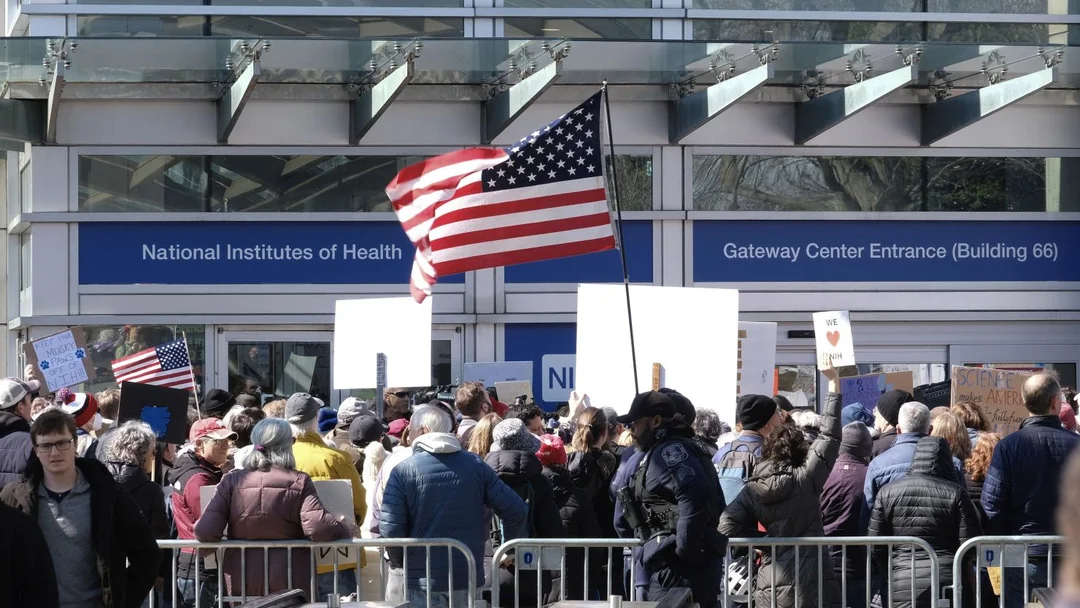
NIH Funding and Legal Battles: A Closer Look at Federal Research and Policy
The National Institutes of Health (NIH) is at the center of a multifaceted legal and funding controversy that has significant implications for medical research across the United States. Recent developments include a lawsuit filed by scientists against the NIH and the Department of Health and Human Services (HHS), spearheaded by Robert F. Kennedy Jr., challenging the termination of research grants. This legal action coincides with a broader lawsuit led by California Attorney General Rob Bonta against the Trump administration, alleging unlawful actions in federal research policy.
Simultaneously, a federal judge has issued a permanent injunction against the NIH concerning indirect costs, a decision that could reshape how research institutions manage their budgets. The injunction aims to address long-standing issues regarding the allocation of federal funds for overhead costs, which are crucial for maintaining research infrastructure.
These legal battles come at a time when the NIH is also facing scrutiny over its funding decisions. A recent report highlighted the agency's efforts to balance the allocation of resources amidst growing demands for medical research. The outcomes of these legal challenges and funding decisions will likely influence the future of medical research and policy in the U.S.